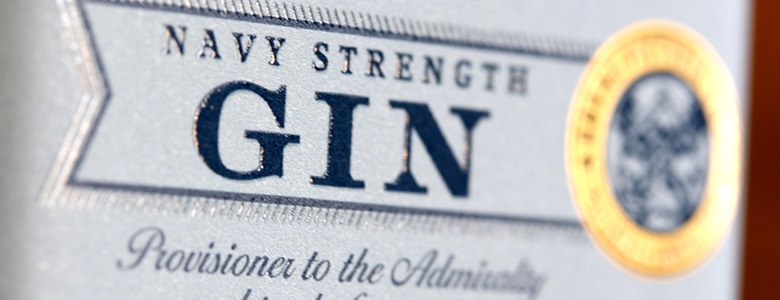
Know the Label
These terms commonly appear on gin labels. For more information, please ask the staff at your Virginia ABC store.
Cocktail Conversation

Spirited Virginia is your guide to new products, creative cocktails, in-store tastings, promotions and what's hot in the world of spirits and entertaining (21 or older).
Social Media
Follow Spirited Virginia on Facebook.
Quarterly Magazine

Read it online or pick up a free copy at your local Virginia ABC store. View all issues.
e-Newsletter
Sign up for the Spirited Virginia e-newsletter to stay informed about the latest news about products.
Sip Responsibly
Virginia ABC empowers its customers to make mindful choices about alcohol. Browse our Sip Responsibly section for information and resources to keep Virginians safe and healthy.


